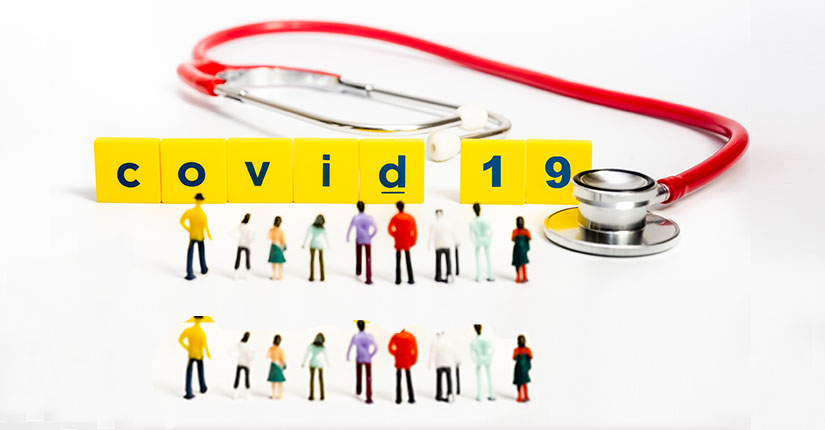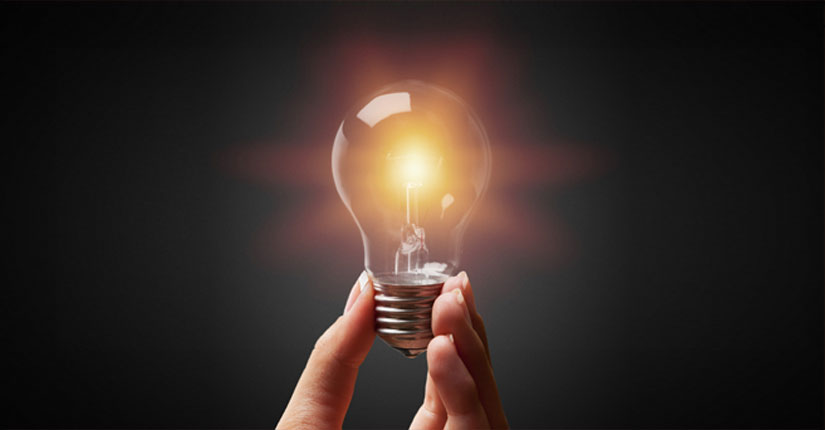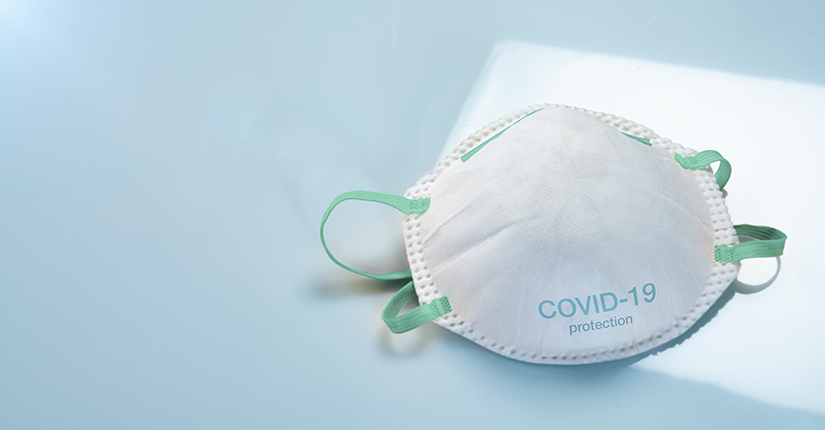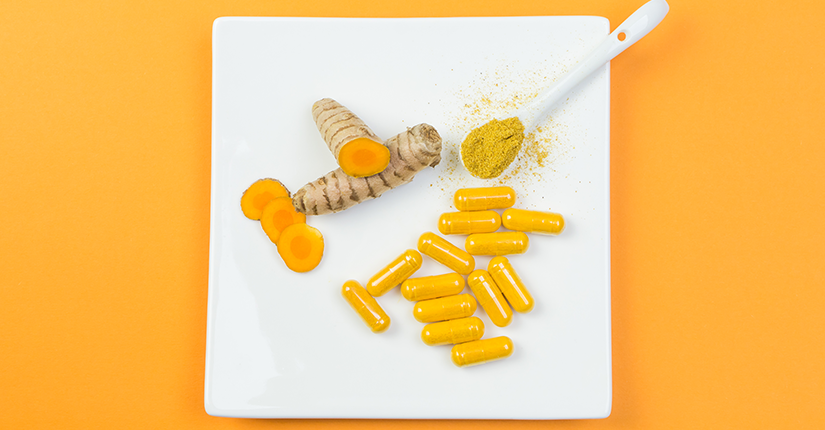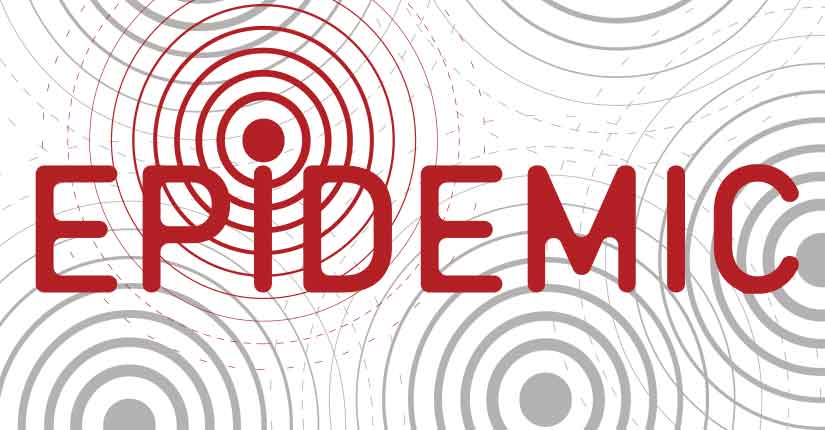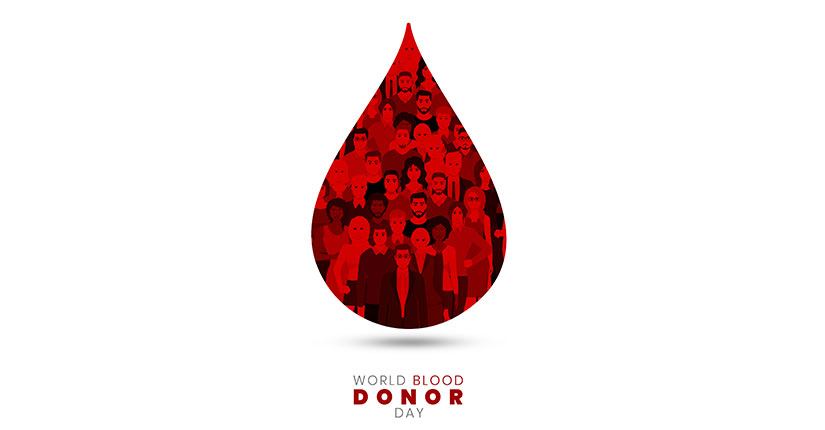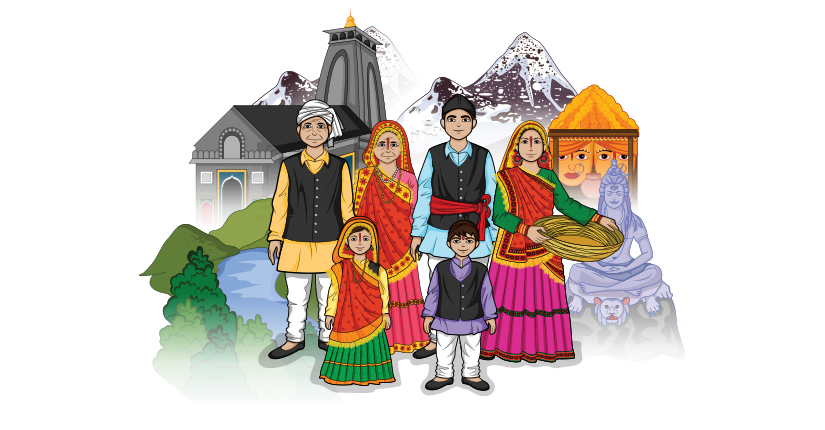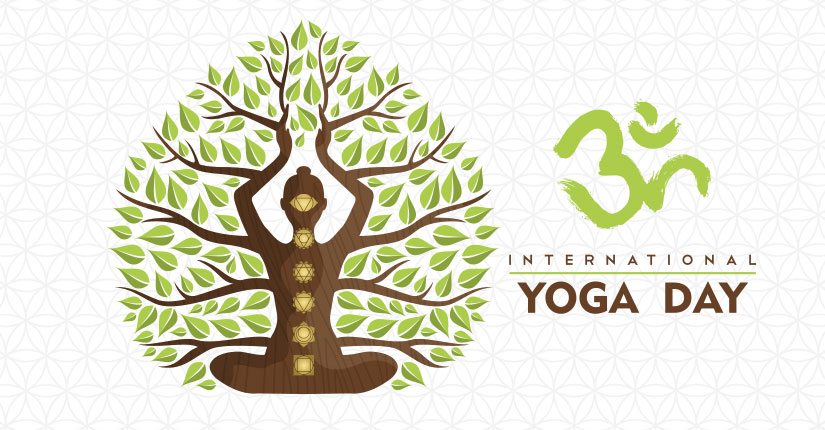Three cheers for Delhites as the Legal Drinking Age Reduces to 21 from 25. But Was it Really Required?
By Nmami Life Editorial 02-Apr 2021 Reading Time: 4 Mins
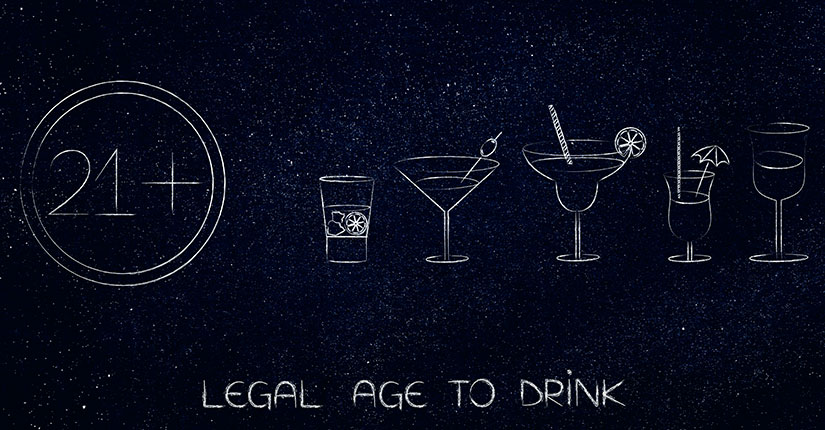
Deputy Chief Minister Manish Sisodia announced on March 22nd that the Delhi government has decided to reduce the minimum age for liquor consumption in the city from 25 to 21. While India is welcoming this decision with big cheers, a lot of people are still against this decision and they are putting up several questions about how necessary or required this was.
Due to the slew of amendments in the new excise policy, this change has become imperative and as per the government “it is expected to boost the revenue from Excise Department by ₹1,500-₹2,000 crore.” College students are calling it a good move and they further support the change in the legal drinking age by saying that there are various states in which the legal age for drinking is 18 and it was quite unfair for Delhites that the minimum age was 25. They further concluded that having a higher age doesn’t actually stop people from drinking.
The decision has increased the worries of the parents and a lot of parents are saying that even though school students are drinking but this step will change their lives and make the alcohol accessible to them. They said that now youths got the license to drink and they will adopt alcoholism even faster.
What is the problem?
As per a survey conducted by the National Drug Dependence Treatment Centre (NDDTC), AIIMS, nearly 16 crore Indians consume alcohol and every third person needs help for alcoholism. From the people who are addicted to alcohol, just 2.6% receive treatment and 0.5% are hospitalised for treatment. People who begin drinking early in life have a higher risk of developing various health ailments. Right from risky sexual activities, violence, acute impairment, poor performance to low self-confidence, there could be various consequences of drinking early and it can also lead to addictions. As per the statistics, “by age 19 and 20, 70% of drinkers engage in heavy drinking. At this age, youngsters are not very mature and take poor decisions that result in long-term consequences on their health, mind and well-being.
What else could be the solution?
Instead of changing the legal drinking age, it would be better if the legal age for alcohol (typically with a lower percentage of alcohol) gets reduced. This way it won’t ease out alcohol accessibility to youngsters and can save them from the habit of drinking while pushing away the risk of various negative consequences. The government ensures that each and every person is aware of the consequences of alcohol consumption.
Footnote
The change in the legal drinking age is not wrong as long as people know about the negative consequences of alcohol consumption. Instead of legalisation, awareness is the key in a state like Delhi where no age proof of age or customer id is asked before selling the alcohol.



